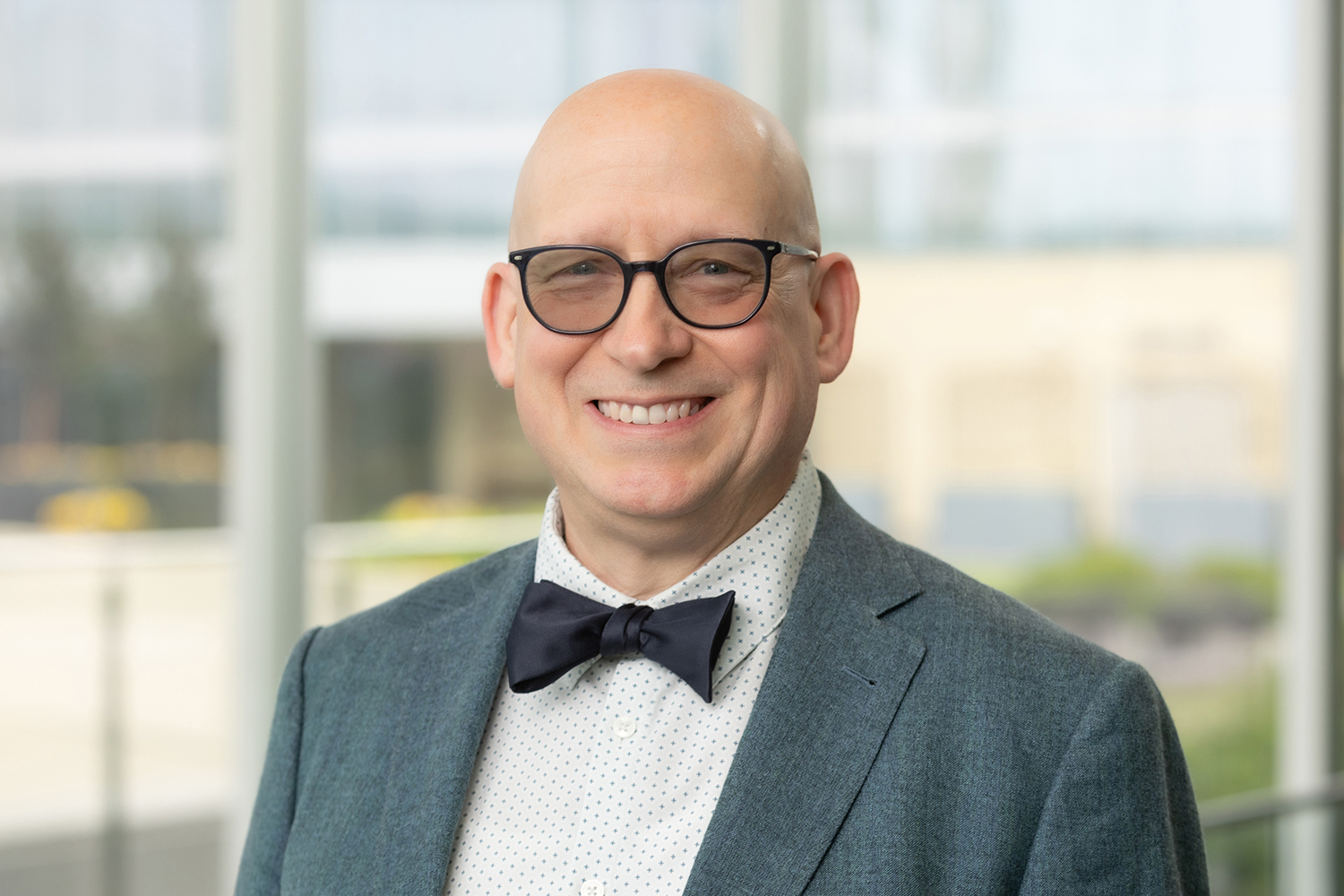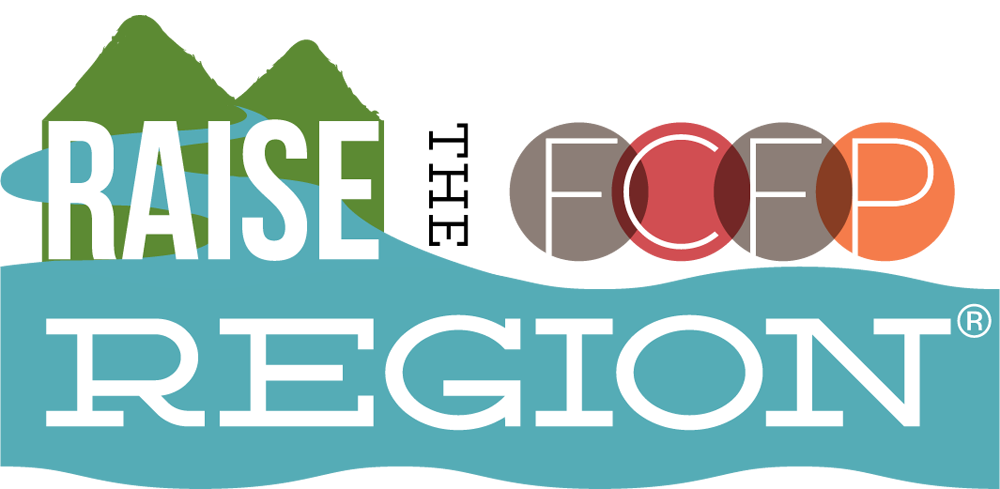Singer Spotlight: Doug Spotts
June 2025
What was your first exposure to SVC…what/who inspired you to audition?
I first attended SVC concerts in the 1980’s with my beloved grandmother who taught me piano and a love for the arts. Music has always been a part of my life, and I have sung in choirs, played the saxophone, piano, and organ since childhood. I had always wanted to sing with SVC upon my return home after medical school and residency in 1996, however in those early years of practice I was on call every other evening and every other weekend. After time spent in medical leadership of a health system in Maryland, I was able to return home again in 2023, this time with availability to audition for SVC. Thank goodness I made the cut as I have enjoyed singing every concert since then!
What do you enjoy most about being a member?
I have enjoyed studying and singing challenging music, getting to know fellow singers ( everyone has been extremely welcoming!), and most of all, making beautiful music together and performing live for our audiences. The variety of music we sing is phenomenal (from classics to pop to original, commissioned works for SVC). We have had chances to perform works such as “Alzheimer’s Stories” in front of the composer and librettist of the work.
How do you like to spend your free time outside of SVC?
My wife and I are avid travelers, like spending time at our home along the Delaware shore, and enjoy making memories with our family and friends.
Why do you think it is important to support the arts in our communities?
The arts convene individuals and move them to formation of community. The arts invite dialogue by transcending barriers and differences. The arts are essential at all times, but especially in divisive times.
What excites you most about the next era of SVC under a new conductor/music director?
It has been exciting to sing for Bill Payn, and now it is equally exciting to anticipate a new conductor and consider what new possibilities lie ahead for SVC. How can we reach new audiences, especially our youth? How can we get people back to live performances and away from virtual reality screens? As a physician, I am particularly interested in the interplay of music and healing. How can we use music to heal broken individuals, restore communities to wholeness and bind up our national wounds.
The Pennsylvania State University



